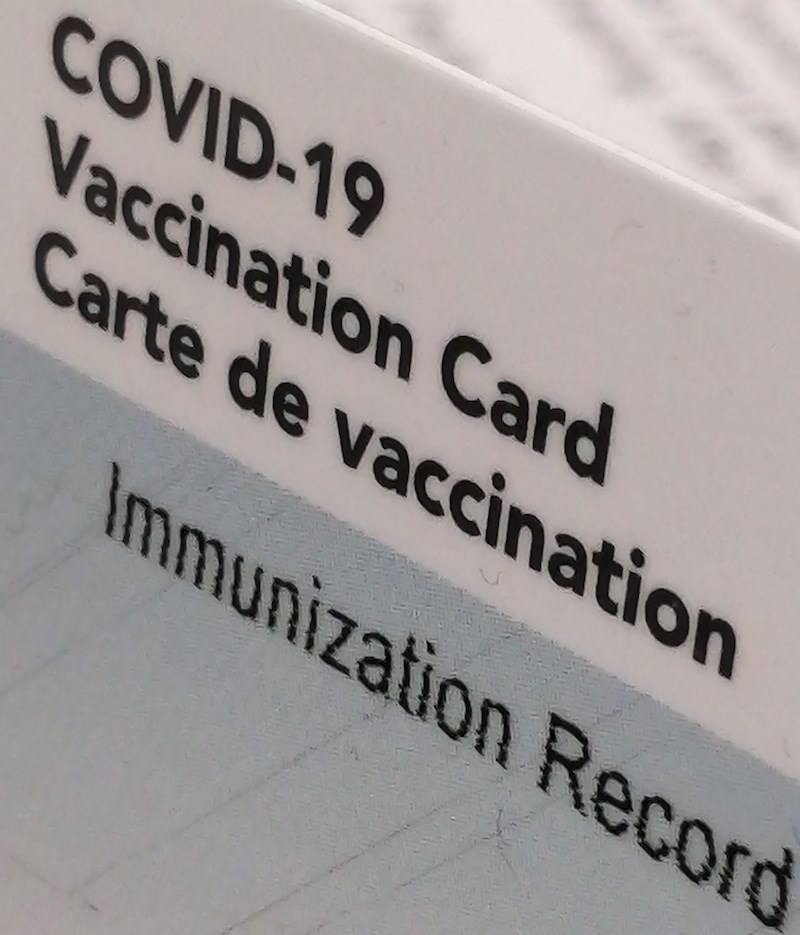Nurses, teachers and other front-line employees in the public sector who cannot provide proof of full immunization before Oct. 18 will have to present a negative rapid COVID-19 test result — within 48 hours of taking it — to start their shift.
Manitoba’s top doctor has signed a new public health order that outlines which workers have direct and ongoing or prolonged contact with vulnerable populations and thus, are subject to new testing requirements.
“We’ll be using rapid antigen tests: the Abbott PanBio or BD Veritor. The people who are directed to do this testing, they will be required to have a negative test within 48 hours of their shift, so their shift work will guide the frequency of that,” said Dr. Brent Roussin, chief provincial public health officer, during a virtual briefing Sept. 24.
The turnaround time for each test, which has a sensitivity rate of roughly 80 per cent, is approximately 15 minutes, said Roussin, who was joined by other senior public servants to field media questions.
Unvaccinated and partially vaccinated paramedics and workers in the health-care, home care, education, licensed child care, and child and family service sectors will have to take as many as three tests per week.
Public servants and employees of funded agencies who work with vulnerable populations must also abide by the new rules.
Testing policies will vary from sector to sector and depend on the nature of each workplace. In K-12 education, for instance, staff will be able to take two tests at home and one at a school site under a designated supervisor on a weekly basis.
Vikas Sethi, provincial integration lead for Shared Health, said employees across the province, however, can all expect to self-administer tests that will be provided by their employer, alongside easy-to-follow instructions.
“Direct-care workers will be required to maintain a testing log and they will be asked to produce this log by a manager, as requested, and there will be some spot checks and observed testing, as well,” said Sethi.
Per the order, employees who test positive must seek a subsequent negative PCR test to resume work. If they receive a second positive result, they must self-isolate for 10 days before they return to work, test negative again with a rapid test, and provide those results to their supervisor.
The province has suggested if and when an individual declines to provide immunization proof or get tested, the situation will be dealt with on a case-by-case basis.
Manitoba is planning for as many as 20,000 people to have to undergo frequent testing — a calculation made based on the size of the public sector and the assumption vaccine uptake among employees mirrors the rate in the general public.
Eighty per cent of residents in Manitoba who are eligible to get immunized have received two doses of vaccine to date.
The province will procure rapid tests for free indefinitely, but the central services department has indicated that may change as inventory shrinks.
A spokesperson for the local chapter of the Canadian Union of Public Employees said the association is working with individual employers to review workplace protocols and expects any staff tests and results to be kept private.
“Vaccine policies are not a replacement for personal protective equipment, proper ventilation, and thorough cleaning regimes,” David Jacks, a communications representative for CUPE Manitoba, said in a statement.




